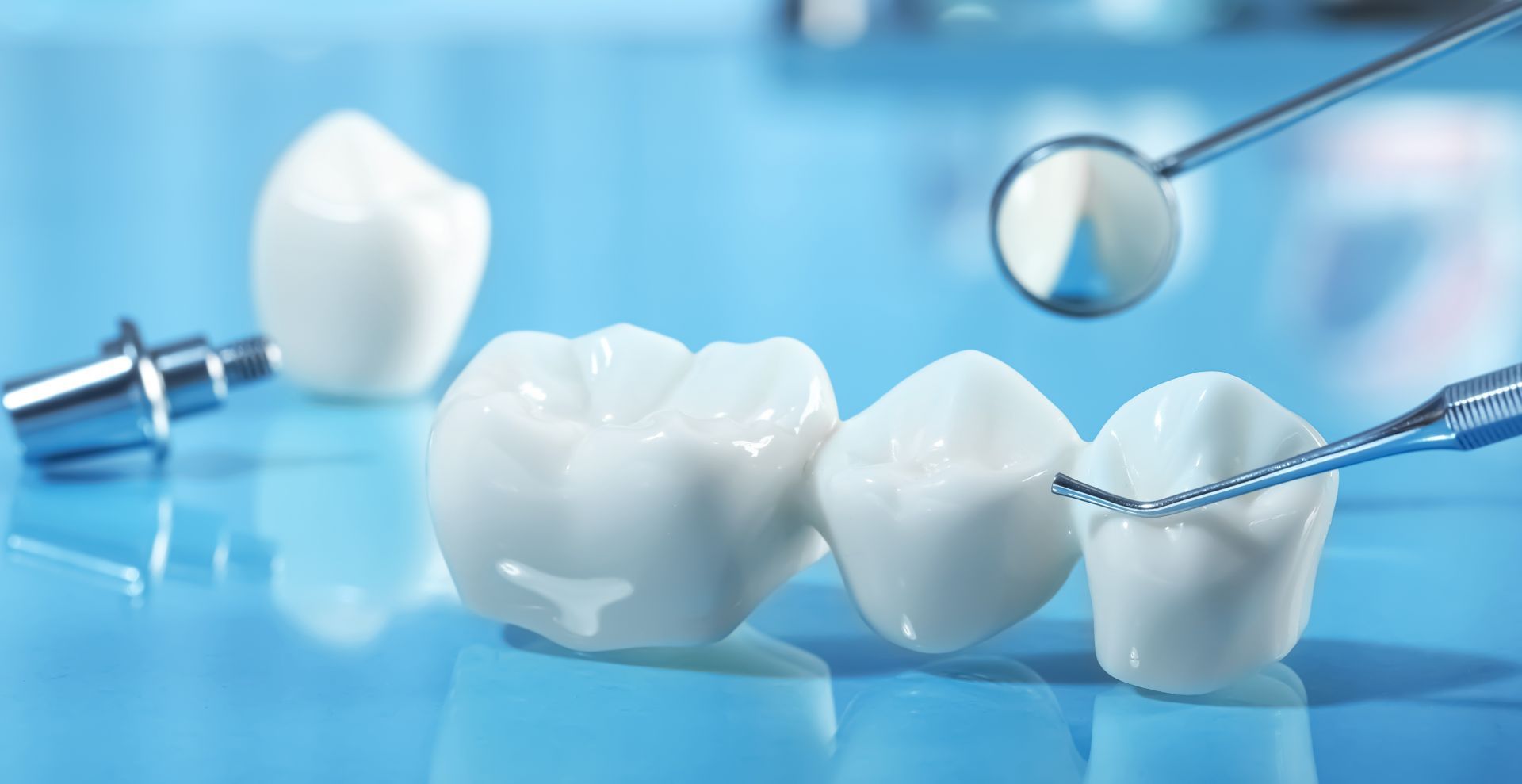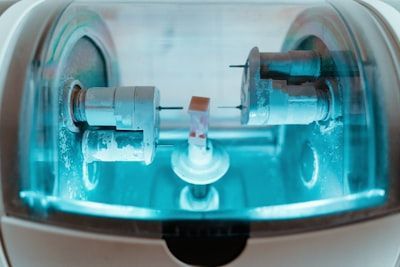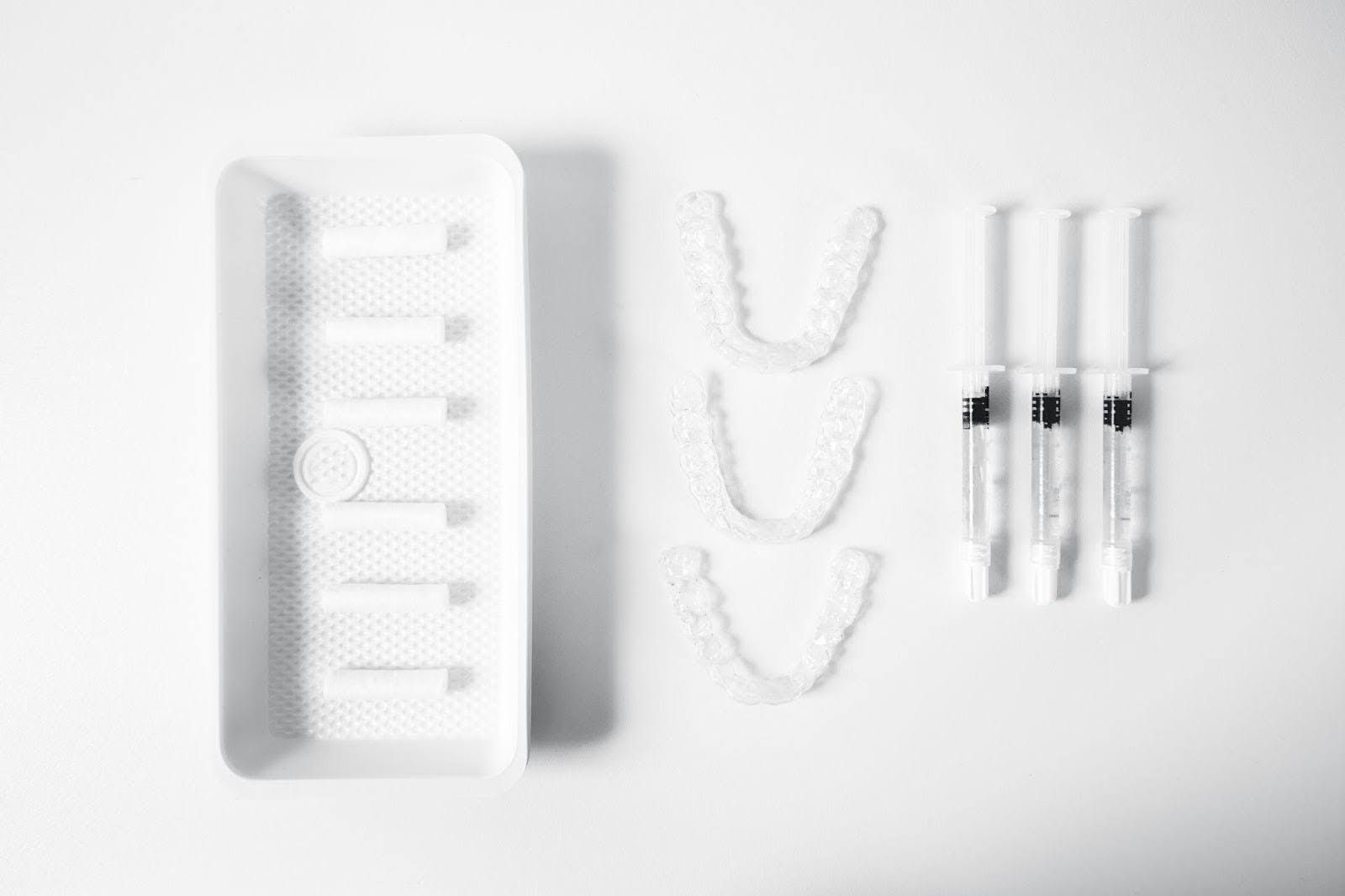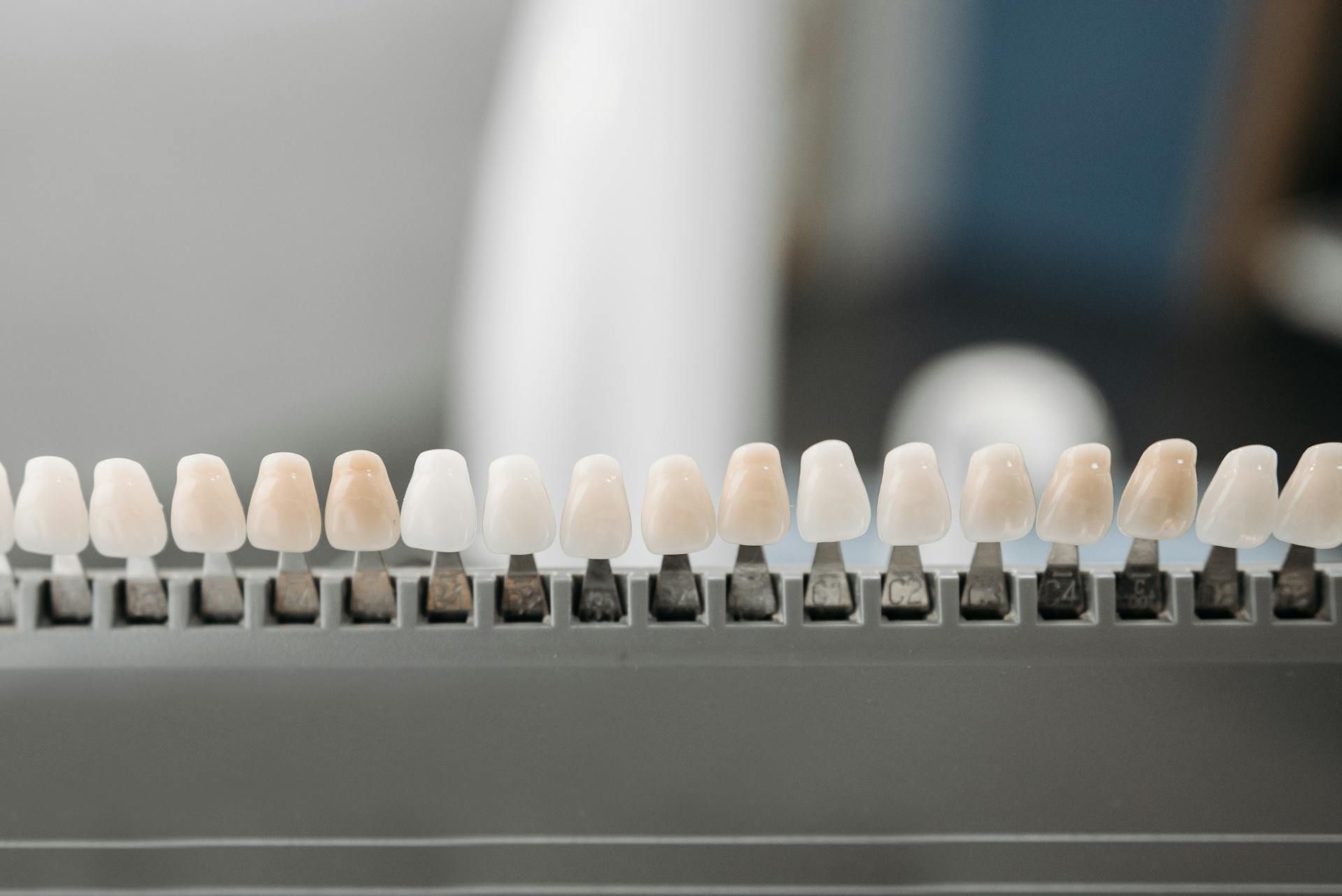Dental Bridge Guide: Types, Costs, and Comparison
Welcome to our comprehensive guide on dental bridges, where we delve into the different types of dental bridges, their advantages, and how they compare to dental implants. If you're considering options to enhance your smile or replace missing teeth, understanding these solutions is crucial for making an informed decision that best suits your needs and budget.
Dental bridges are a popular choice for filling the gaps left by missing teeth. They offer both functional and aesthetic benefits, improving your ability to chew and speak and restoring the natural look of your smile. Throughout this guide, we will discuss the various options available, including the typical costs involved and how to find reliable dental bridge services. Our goal is to provide you with all the necessary information to help you navigate your dental health decisions with confidence.
Exploring the Different Types of Dental Bridges
When it comes to dental bridges, knowing your options is the first step in deciding if they are right for you. Dental bridges are designed to bridge the gap created by one or more missing teeth. They consist of two or more crowns for the teeth on either side of the gap; these anchoring teeth are called abutment teeth, and a false tooth or teeth in between. Types of dental bridges include traditional, cantilever, Maryland, and implant-supported bridges.
Traditional bridges are the most popular, using a crown on each abutment tooth with a pontic, or false tooth, in between. Cantilever bridges are used when there are adjacent teeth on only one side of the missing tooth or teeth. Maryland bridges, unlike the others, use a metal or porcelain framework bonded to the backs of the adjacent teeth. For those looking for a more stable option, implant-supported bridges use dental implants instead of crowns or frameworks. This variety allows us to personalize our approach to each patient’s unique situation.
Comparing Dental Bridges and Implants: Which Is Right for You?
Choosing between dental bridges and implants often depends on several factors, including the health of your teeth, your budget, and personal preferences. Both options offer reliable solutions for replacing missing teeth, but they do have differences.
Dental implants are strong and long-lasting, typically made of titanium and embedded directly into the jawbone, serving as an artificial root. Over several months, the implant fuses with the bone, providing a stable foundation for a replacement tooth. This process is known for its durability and for preserving the jawbone.
On the other hand, dental bridges are generally less invasive and quicker to implement than implants. They can be a more affordable and practical solution for patients not suited to surgeries, as bridges do not require bone grafting if bone loss occurs. However, bridges can place a greater burden on the surrounding structures, including the adjacent teeth that serve as anchors.
Weighing these pros and cons in consultation with a dental professional helps many of our patients make a confident decision about which treatment best suits their needs and life situations. Whether opting for the permanence and strength of implants or the simpler, less invasive approach of bridges, we guide our patients through every step of the decision-making process.
The Cost of Dental Bridges: Investment and Insurance Considerations
Understanding the cost of dental bridges is crucial for planning your dental care. The price can vary widely depending on several factors, including the type of bridge you choose, the materials used, the complexity of the placement, and your geographic location.
Most dental insurance plans cover a portion of the cost of dental bridges, especially when it is necessary for medical, not just aesthetic reasons. It’s important to check with your insurance provider to find out what kind of coverage is available. Additionally, many dental offices offer payment plans or financing options, which can help manage the cost of your dental bridge over time.
We always recommend discussing these alternatives during your consultation. Our team can help you navigate your insurance benefits and assist in finding the most effective way to afford your dental care, ensuring you receive the treatment you need without any financial stress.
Finding Reliable Dental Bridge Services Near You
When you need a dental bridge, finding a reliable and skilled dentist near you is essential. Searching for “dental bridges near me” can yield many results, but it’s important to choose a provider that offers the right balance between quality, affordability, and compassionate care.
Start by reading reviews and checking the credentials of local dentists. Also, consider their experience, specifically in dental bridge work. Many dental offices provide detailed case studies or before-and-after photos that showcase their work. Don’t hesitate to contact them directly to ask about their experience and the technologies they use.
At Taylor Made Smiles we pride ourselves on our commitment to using advanced dental technologies and personalized care to ensure that every dental bridge we place meets the highest standards. Our team is always ready to answer any questions you may have and provide you with the detailed information you need to feel confident in your choice of care.
Your Path to a Complete Smile
Deciding on a dental bridge is a significant step toward restoring your full smile and improving your dental health. Whether you're exploring the types of dental bridges, weighing the differences between bridges and implants, considering cost factors, or seeking the best local services, it's important to have trustworthy and professional guidance.
At Taylor Made Smiles we understand the importance of comprehensive dental care. Our team is dedicated to helping you through every step of your dental journey, from the initial consultation through the completion of your treatment and beyond. We provide detailed advice and support to ensure you make the best decision for your oral health and aesthetic desires.
If you're considering a dental bridge or other
dental implant services, don't hesitate to contact us. Let us help you achieve the beautiful, healthy smile you deserve. Contact Taylor Made Smiles today to schedule your consultation and take the first step toward a confident, complete smile.










